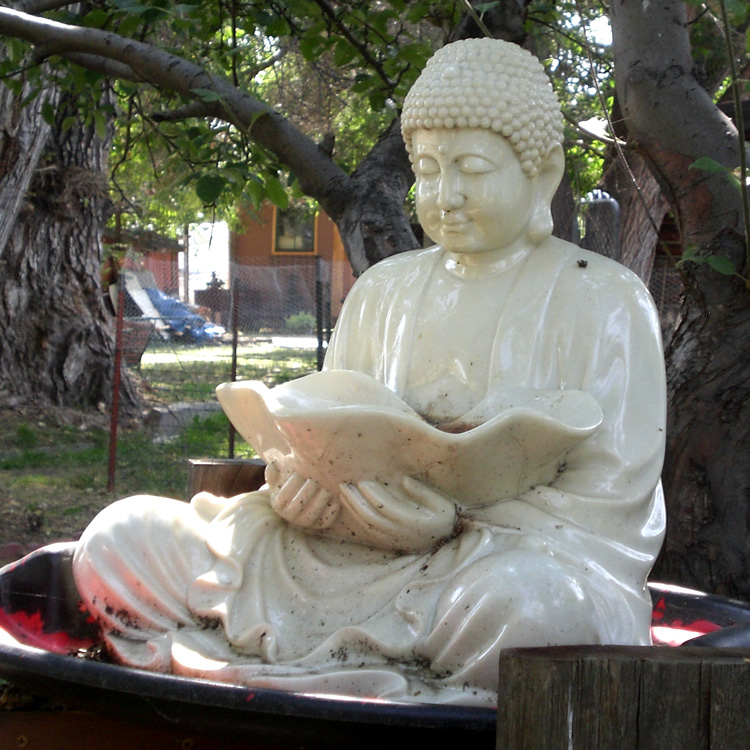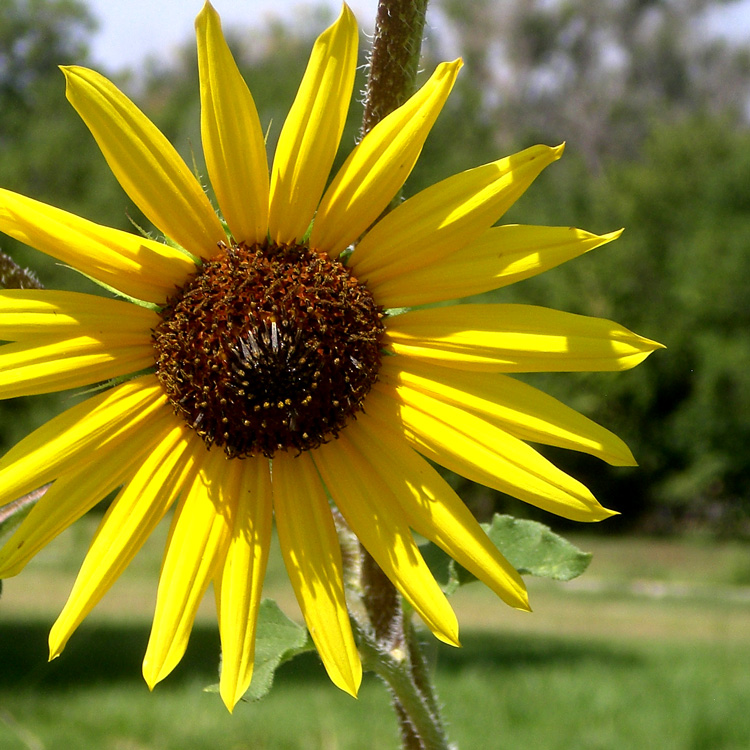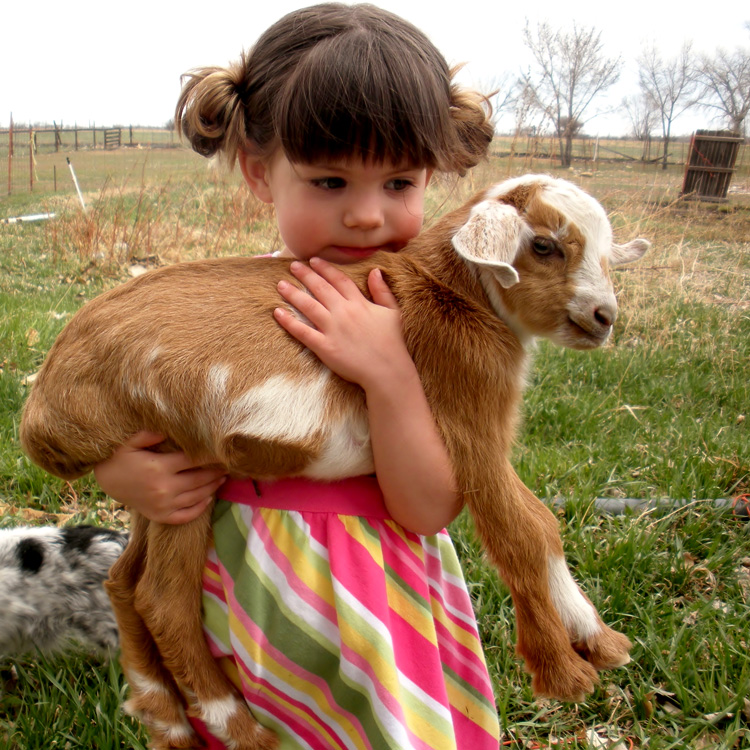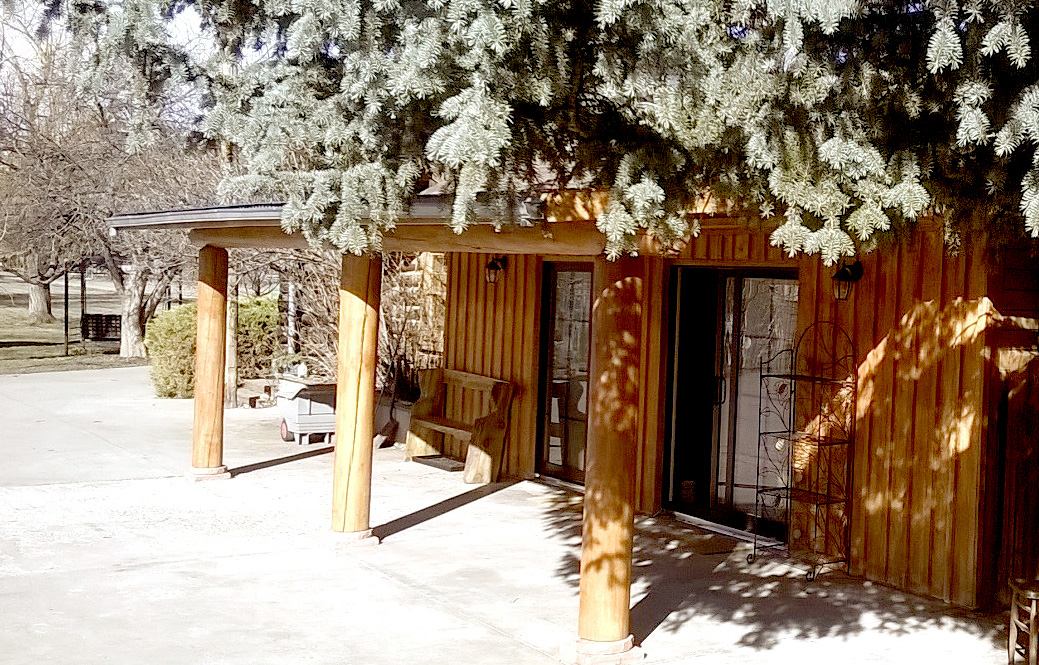About
How We Serve
Contemplative Practice
Our work is informed by our own contemplative/spiritual practice.
Compassionate Action
Our actions are grounded in motivation to benefit others, guided by the needs, beliefs, and values of those we serve.


Reflection
We engage in personal and team reflection regarding the care of self and others.
Mutual Respect
We honor our differences and similarities, embracing that we are fundamentally whole and have our own resources of strength, meaning and hope.
Accountability
We are responsible for our own spiritual, emotional, and development and well-being.

Non-Judgmental Awareness
Through expression of kindness and acceptance of ourselves and others, we create an environment that is open, spacious, and relaxed.
Mindful Listening
By listening deeply and suspending assumptions we ensure patient and family centered care and harmony among team members.
Collaboration
We engage in community collaborations, offering contemplative education and care, ultimately helping to transform biases of aging and diminish fear of dying.
Equanimity
Establish relationships based on non-separation between those giving and receiving care. This is reflected in thought, language, and action.
The Willow Farm vision is grounded in Zen. Zen practice developed in the context of Buddhist tradition, but it is essentially non-denominational and compatible with any and all religions. It is not a belief system or a form of worship or devotion. It is a way of keeping an open mind and a practice for being present and helping others.
Zen is about asking big questions; what am I, what is life, what is death? Everyone is a Zen student in this sense. When we ask questions, we silence the chatter of I-my-me mind, and can face whatever is in front of us more directly. The mind that knows is a closed mind. Don’t-know mind (or “beginner’s mind”) is an open mind.
Zen practice is not special. It is about: when sitting, only sit; when walking only walk; when helping, only help. It is about listening and paying attention in our lives. This practice helps us cut through the avoidance, denial, and fear that we naturally confront when we are faced with impermanence and death, and it supports an open heart.
People at the end of life are natural Zen students, as are the people serving them. They are faced with great questions. To have a safe container for this practice (a contemplative center like Willow Farm) makes sense. Holding the questions of life and death, without chasing the safety of intellectual answers, opens our eyes and heart to the present moment.
Death is the great equalizer. It will happen to us all, and it has a lot to teach us about living. This is the message of Zen.
Willow Farm Contemplative Center is not a Zen center. We are a non-denominational contemplative center, grounded in Zen. Any form of contemplative practice is welcome in our meditation space, and while our daily practice employs simple Zen forms, we welcome practitioners and teachers from other traditions to share the space and to practice with us.

It has been said that “it isn’t whether we live or die; it is how we heal into our life”. It has also been said that our fear of death is more about a life not fully lived, than a loss of something precious. The Willow Farm project provides a direct opportunity for participants to deeply engage in practices enhancing our relationship and understanding of life and death.
Main Components
There are five main components to this program that, taken together, make it unique.
The program has its foundation in Zen practice and will apply training models in contemplative aging and end of life care pioneered in “engaged Buddhism.” This practice provides an ideal template for end of life service.
There is a cultural lack of support for individuals providing in-home care, and there is minimal access to professional training aimed at enhancing the quality of life in aging populations. We are committed to educate caregivers while supporting their personal processes and development of self-care skills. The cultivation of a solid, stable mind supports correct attitude in service. A compassionate approach based on strong practice and loving kindness in the face of suffering and impermanence provides a refuge for residents and caregivers. Residents and community members alike may wish to attend non-segregated training sessions. Educational programming is public and open to those caring for elders or loved ones at the end of life. Part of the educational component is a teacher-training program for professionals hosted on site. In addition, we will have trained caretakers/attendants available to provide in-home care for those individuals who wish to remain in their own home for their transition. Learn more about our Contemplative Care training program here.
We emphasize natural medicine, nutrition, and good food as modalities that maintain health and healing. Homeopathy, herbs, acupuncture and other natural methods are used to support health. Natural, supportive methods which build the vital force and/or palliate pain help the mind maintain clarity and keep the body strong. Even in the last stage of life, there can be conscious choices about medication and pain. Dietary needs change dramatically as we advance in age and approach the end of life. It is important to determine and meet these individual needs, supporting the body with food that is digestible and nourishing. Wholesome meals appropriate to the individuals’ needs and grown on-site when possible, will be provided. Raised-bed gardens will be wheelchair-accessible.
A natural setting integrates the end of life experience with other life experiences. The setting is welcoming, homey, and beautiful. Loved ones are encouraged to participate and contribute to the community. All faiths and beliefs are honored. Family traditions and passage rituals are celebrated. Baby blessings, small weddings, and funerals are all a part of carrying out our vision of integrating life and death experience. All traditions are respected in this model. We have created a space to help individuals and families experience a meaningful end of life process while providing community support in their fear, grief, and isolation. Loved ones are able to stay with and attend to the body after death, with support. A more earth-friendly, cost effective, and natural approach to funerals will be encouraged and practiced. End of life experience is life experience – encountering it fully as caregivers, family members, or the person whose life is coming to an end is a practice to be embraced.
There is an emphasis on creativity and the arts. Visual art, music, and theater are significant to our curriculum. Summer concerts on our outdoor stage have been successful over the past five years. In addition, the Farm provides a venue for theater, concerts, community dances, large classes, celebrations, and rituals. Willow Farm provides an opportunity for all ages to engage, interact, and form relationships through meaningful, enriching experiences. It is never too late to claim the human right to creativity and engaged imagination.